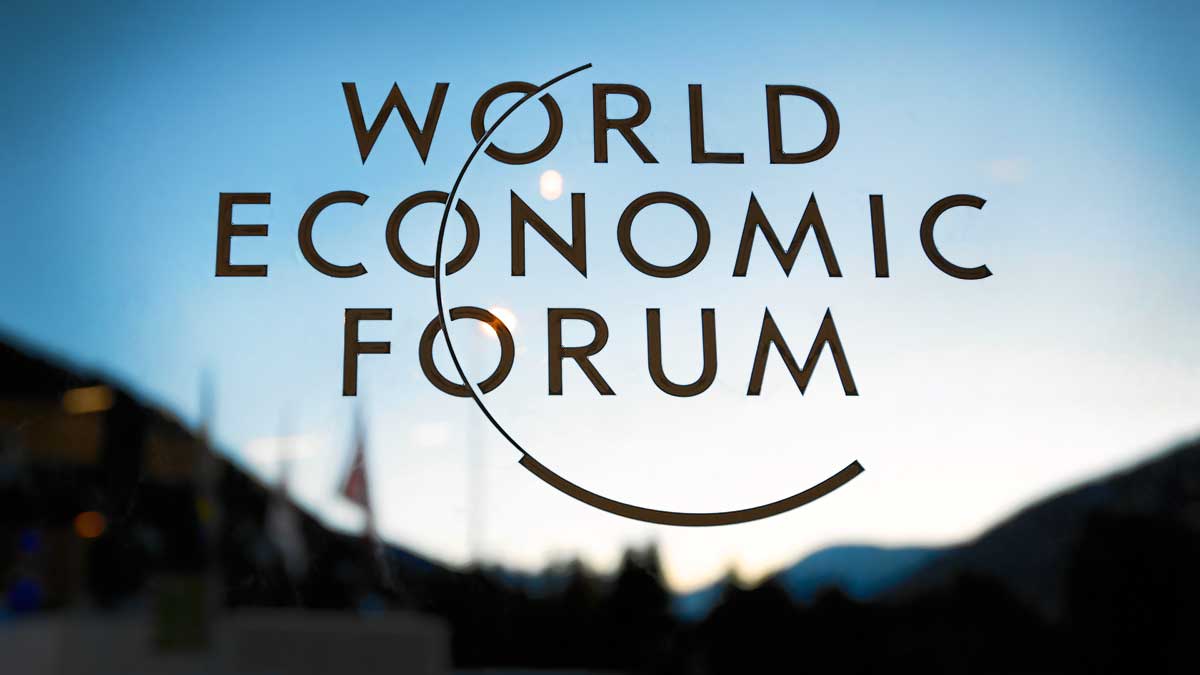CECP has browsed hours of video and content found on the World Economic Forum (WEF) homepage to give you the short-and-sweet best of the WEF 2019. See below for our top picks.
The Elevator Pitch Overview
The prevailing sentiment of the three-day conversation in Davos, Switzerland was subdued, cautious, and apprehensive. The empty seats of the leaders of the United States, United Kingdom, and France, who bowed out amidst domestic turmoil, overshadowed the notable list of attendees. Their absence echoed during talk of global risks and hot topics such as populism, trade tensions, growing social inequality, slowing economic growth, and climate change.
The group of business and government leaders, academics, and heads of international organizations gathered to discuss the theme, Globalization 4.0: Shaping a Global Architecture in the Age of the Fourth Industrial Revolution (4IR). Global thinkers proposed and challenged new ways to make globalization work for everyone, not just the few, with solutions focused on developing frameworks of cross-sector collaboration, innovation, and regulation.
Recurring themes centered on upskilling the workforce in a digital economy, fostering a circular economy, managing regulation amid the speed and scale at which new technologies emerge, artificial intelligence, automation, and data protection, especially their impact on the future of work.
The bright spot of the week was technology, where optimism even quelled the fear of robots replacing jobs. The era of the machine is upon us, but world leaders reminded us humans are uniquely creative, intuitive, and emotionally intelligent.
Top Picks
- Keith Block and Michael Dell on the digital skills gap:
- In Making Digital Globalization Inclusive, Keith Block (Salesforce Co-CEO, a CECP CEO), Michael S. Dell (Dell Technologies CEO, a CECP CEO), and Vijayakumar (HCL Technologies CEO) considered the massive and growing divide between people who are online and those who are not. They shared what keeps them up at night, from fostering inclusion of rural and marginalized communities to developing digital literacy and bridging the gap between the data capabilities of the private, public, civic, and non-profit sectors. All concurred there is a digital skills gap. After acknowledging the threat of worsening digital inequality, they proposed various solutions via training, mentorship, and cross-sector collaboration.
- Satya Nadella on equitable growth and privacy as a human right:
- In Shaping Globalization 4.0, Microsoft CEO Satya Nadella (a CECP CEO) joined a panel of millennial leaders to discuss how we can collaborate across sectors and generations to shape a more inclusive and sustainable global architecture. He identified the dual challenge of the next phase of globalization as delivering economic and equitable growth, and asked, “What’s the architecture that allows us to tackle both?” Nadella also addressed the skills gap. He asked fellow panelists how best to equip the next generation for the jobs of the future, adding that technology can drive the economic growth that has been “stalled.”
- In Digital Trust and Transformation: A Conversation with Satya Nadella, WEF Founder & Executive Chairman Klaus Schwab and Nadella discussed data privacy and the potential of artificial intelligence to transform economies and societies. Nadella remarked, “In the marketplace, there’s no discrimination between the right use and the wrong use… We [at Microsoft] welcome any regulation that helps the marketplace not be a race to the bottom.” He expressed support for the European Union’s General Data Protection Regulation (GDPR) and his personal belief that privacy should be treated as a human right and people should own their own data.
- Ginni Rometty on new-collar-jobs and Bill McDermott on strategy with a long-term outlook:
- In Business Leadership in the Fourth Industrial Revolution, Ginni Rometty (IBM CEO, a CECP CEO), David Taylor (Procter & Gamble CEO), Bill McDermott (SAP CEO, a CECP CEO), and Hiroaki Nakanishi (Hitachi Executive Chairman) discussed the opportunities the 4IR presents, alongside the rising concerns regarding data privacy, environmental degradation, market concentration, and endemic corruption. Businesses are uniquely positioned to assist the transition, and business leaders must adapt to accommodate the change. They implored the world to not only focus on the societal impact of technological change.
- Learn more about what CEOs think about the global outlook, how CEOs can take action against short-termism, and review the 7 Questions CEOs should be able to answer.
- Marc Benioff on the importance of trust and changing leadership in the 4IR
- In Digital Trust and Transformation: A Conversation with Marc Benioff, Benioff (Salesforce Founder & Co-CEO, a CECP CEO) emphasized the importance of trust when it comes to data privacy, adding that Salesforce customers own their data. He asked, are other companies “going to be in the trust revolution, or in a crisis of trust like they are now?”
- In a press conference, Colombian President Iván Duque, CEOs from leading technology companies, and global innovation experts shared a global update on the Centre for the 4IR Network.
- Jack Ma, on the importance of sleep and transforming globalization:
- In this one-on-one interview Meet the Leader, Jack Ma (Alibaba Executive Chairman) shared his secrets to success and how he uses his commitment to transparency as a tool to overcome doubt and worry.
- In Digitalizing Emerging Markets, Ma put his advice to the test in his vision to reform globalization by including developing economies. Ma’s comments, alongside Rwandan President Paul Kagame, alluded to Alibaba’s new platform eWTP, a multi-stakeholder initiative led by the private sector which works to break down e-trade barriers and match digital commerce with the buying power of 2.2B online consumers in emerging markets, where digital spend is approaching US$4T.


